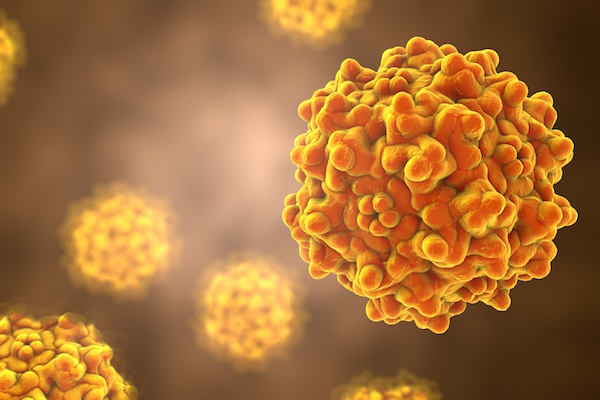
FRIDAY, Jan. 29 (HealthDay News) — Scientists have found a way to boost the immune system’s “memory” in mice, raising the prospect that future research could pave the way for more effective vaccines.
Once an animal is exposed to a virus, the immune system may be able to remember it and know what to do the next time it comes around. Viral vaccines take advantage of this mechanism by exposing the body to a germ, therefore priming the immune system to be ready for future exposures.
But vaccines don’t work 100 percent of the time.
In the early edition of the Proceedings of the National Academy of Sciences, published online Jan. 26, researchers at the Scripps Research Institute reported that they boosted immune memory in mice by blocking a protein.
“Theoretically, it is possible to enhance vaccination by using this type of approach,” study leader Dr. Michael Oldstone, a professor at the institute, said in a news release.
The protein appears to dampen the immune system, but blocking it seems to have the opposite effect, the researchers found.
However, even if the approach works, it will be years before it’s developed into any kind of treatment to help vaccines work better, the study authors noted.
The study was funded by the U.S. National Institute of Allergy and Infectious Diseases.
More information
The U.S. National Library of Medicine has information on immunizations.

